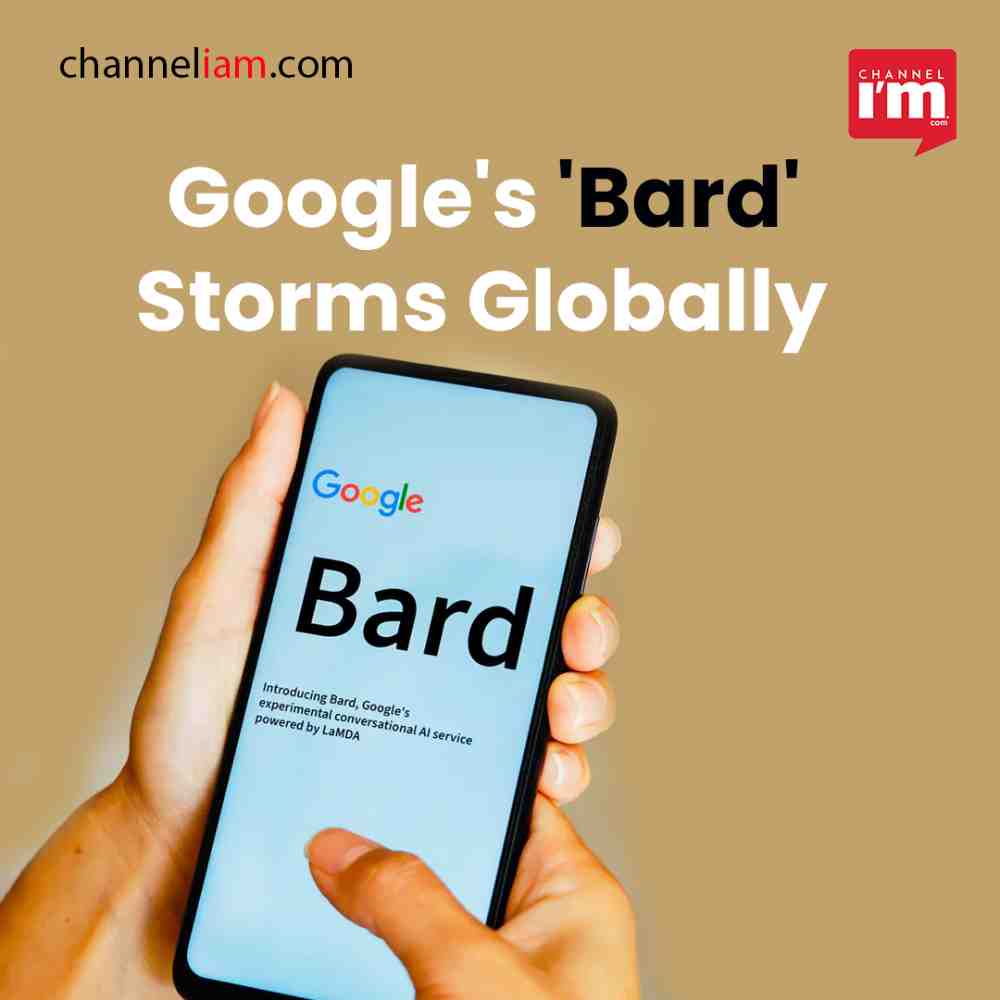Google has made waves in the tech industry yet again, with the introduction of their new Generative AI Chatbot, Bard. The chatbot has been launched in 180 countries, including India, where it has been received with much enthusiasm. Bard is built on the GPT-3 architecture and has been designed to generate answers to open-ended questions, setting it apart from Google’s existing chatbot, ChatGPT, which is designed to answer fact-based queries.

One of the most significant features of Bard is its ability to generate original responses in natural language. It has been trained on a vast corpus of text data, allowing it to understand context and generate responses that are relevant to the user’s input. Users can engage with Bard by typing a prompt, such as “write me a sonnet on love” or “imagine a world without humans,” and the chatbot will generate an original response based on the prompt.
Bard is not just limited to generating creative writing; it can also generate song lyrics, poetry, and even movie scripts. Its ability to translate prompts and generate responses in multiple languages makes it an ideal tool for cross-lingual creative collaboration.
Google has also positioned Bard as an educational tool that can help students develop their language skills and practise creative writing. Bard can serve as a writing assistant and provide feedback on grammar, style, and structure. The chatbot is designed to foster creativity and promote a love of language among students.
However, there are concerns about the potential biases that may be inherent in Bard’s responses. Critics have pointed out that the chatbot’s training data may be biassed, which could lead to the generation of inappropriate or discriminatory responses. Google has acknowledged these concerns and is working to address them to ensure that Bard’s responses are inclusive and free of biases.
The introduction of Bard represents a significant milestone in the development of AI language models. The chatbot’s ability to generate original responses in natural language has the potential to transform the way we interact with technology. While there are concerns about the potential biases that may be inherent in Bard’s responses, it is clear that the chatbot has enormous potential to revolutionise the way we approach creative writing and storytelling.
